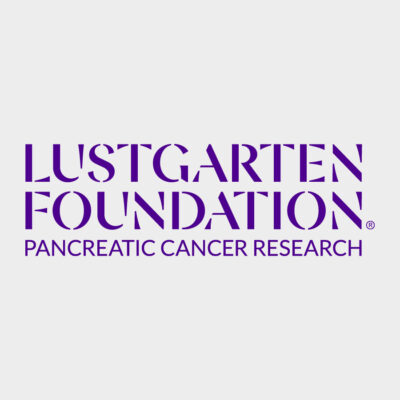Pancreatic ductal adenocarcinoma (PDAC) is the most common type of pancreatic cancer, accounting for more than 90% of diagnoses. Highly aggressive, the disease is difficult to treat with very limited therapeutic options. To help expedite the development of new treatments, the Lustgarten Foundation recently provided a $1.2 million grant to Dana-Farber’s David Pellman, MD, the Margaret M. Dyson Professor of Pediatric Oncology. The Lustgarten Foundation funds innovative and bold research that aligns with their mission to transform pancreatic cancer into a curable disease. This grant builds on the foundation’s two decades of significant support for Dana-Farber’s pioneering pancreatic cancer research, including previous support of Pellman’s PDAC studies. Since 2002, the Lustgarten Foundation has granted more than $14.5 million to Dana-Farber.
“New therapeutic options are desperately needed for patients with this devastating disease,” said Pellman. “We are very grateful to the Lustgarten Foundation for supporting our efforts to understand the biology driving pancreatic ductal adenocarcinoma and identify more effective treatments and approaches.”
PDAC is difficult to treat in part because it progresses at such a rapid pace. Scientists believe this is connected to the fact that PDAC genomes undergo largescale, “catastrophic” rearrangements all at once rather than changing one mutation at a time. Pellman and his team have identified two specific events that cause pancreatic cells to undergo errors as they grow and divide, which they believe to be the source of the initial genome catastrophes that arise as PDAC progresses. With this support from the Lustgarten Foundation, Pellman and his team will further explore these two events and directly test their impact on PDAC progression.
Another obstacle to treating PDAC is that immunotherapies—treatments that help the immune system fight cancer—are not yet effective against the disease. Cancer immunotherapy has transformed outcomes for some patients with cancer, but the approach is currently effective for only about a quarter of cancer patients. Dramatically increasing the percentage of patients for whom immunotherapies are successful is a key priority of The Dana-Farber Campaign. This new Lustgarten Foundation grant will allow Pellman and his laboratory to test new strategies that might boost the efficacy of immunotherapies against this disease, potentially expanding the benefit of this treatment approach to patients with PDAC.
“Dr. Pellman’s exciting immunotherapy project is precisely the kind of high-risk, high-reward research that has the potential to dramatically accelerate and expand lifesaving treatment options,” said Linda Tantawi, Lustgarten Foundation CEO. “The Lustgarten Foundation is committed to advancing the best science conducted by the best, most creative scientists in the field. Our longstanding partnership with and investment in Dana-Farber Cancer Institute is a testament to their exceptional research.”



